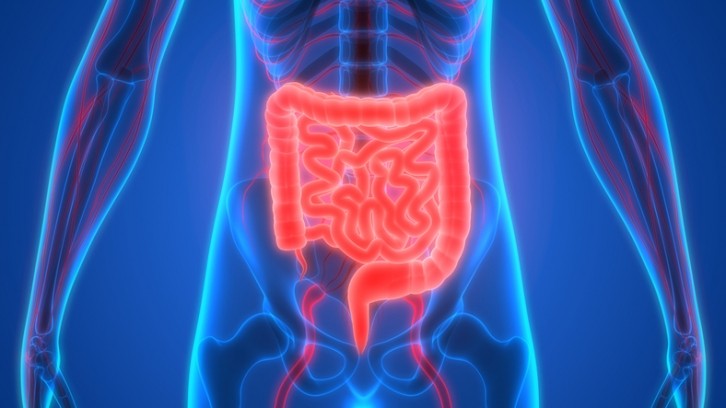Study finds pro- and synbiotics improve health parameters in the overweight

The effects of probiotics on glucose and lipid metabolism, body fat mass, weight, visceral adipose tissue and liver steatosis have previously been shown in several meta-analyses on several probiotics.
However, Limosilactobacillus (L.) fermentum strains K7-Lb1 (DSM 22831) and K8-Lb1 (DSM 22832) have been found to be particularly effective in suppressing the Th1 and Th2 response of PBMCs in vitro, while others increased Th1 and Th2 response.
Based on these anti-inflammatory actions, the current study investigated the effect of these strains, supplemented as probiotic or synbiotic with the prebiotic acacia gum, on traits of metabolic syndrome, which is driven by low-grade inflammation.
The study, conducted in Germany and funded by Slimbiotics GmbH, Austria, concludes that the probiotic resulted in significant improvements in the primary parameter, body fat mass, while the synbiotic resulted in better outcomes in visceral adipose tissue (aka visceral body fat or 'hidden' fat) and liver steatosis (a build-up of fat in the liver cells).
The study
The researchers conducted a double-blind, randomised, placebo-controlled clinical trial with three parallel arms.
A total of 180 individuals with abdominal overweight were administered for three months with (1) placebo; (2) probiotic, comprising L. fermentum strains; or (3) synbiotic, comprising the strains + acacia gum (10 g daily).
The effects on a range of health-related parameters were messaged using: Bioelectrical impedance analysis (BIA), visceral adiposity index (VAI), anthropometry, blood pressure, serum parameters, sonography and gastrointestinal symptoms.
The resulting data indicated the probiotic resulted in significant improvements in the primary parameter, body fat mass, as assessed with BIA; body weight; BMI; waist circumference; WHtR; visceral adipose tissue; and in liver steatosis grade.
The number of significant results exceeded those expected from meta-analyses of previous studies involving probiotics targeting weight management and metabolic health outcomes.
The synbiotic resulted in better outcomes in visceral adipose tissue and liver steatosis grade and in reduction in constipation. The count of viable lactobacilli was lower in the synbiotic test product than in the probiotic test product, likely due to excessive moisture in test preparation from acacia gum.
The report notes that there was a significantly more pronounced reduction in liver steatosis grade in the Probiotic group compared with the Placebo group, in line with the reduction in liver enzymes indicating liver steatosis (ALT and AST), although this did not attain the level of statistical significance. This may have been due to the fact that most individuals started with baseline levels within the normal range.
The effect on body fat mass (BFM), BMI, body weight and visceral adipose tissue of the probiotic strains was evidently exerted in spite of a non-significant reduction in CRP. But taking the sample size into account, this does not exclude an effect via this mechanism.
The authors note that other mechanisms of reduction in BFM and overweight by probiotics have been suggested, such as induction of butyrate and GLP-1 and regulation via chaperone ClpB, a bacterial protein that is a conformational antigen mimetic of α-melanocyte stimulating hormone (α-MSH; a peptide processed from proopiomelanocortin (POMC) implicated in body weight regulation).
Furthermore, microorganisms that are able to metabolize fructose via the mannitol pathway (without producing ethanol) may reduce ethanol production in the gut by competing with microorganisms that metabolize fructose to ethanol.
Source: Nutrients
https://doi.org/10.3390/nu15133039
"Effect of a Probiotic and a Synbiotic on Body Fat Mass, Body Weight and Traits of Metabolic Syndrome in Individuals with Abdominal Overweight: A Human, Double-Blind, Randomised, Controlled Clinical Study"
Laue, C.; Papazova, E.; Pannenbeckers, A.; Schrezenmeir, J.













